Louisville Native & Renowned Guitarist, Jeff Sherman, Talks Musical Career
Writer: Tyrel Kessinger
If James Brown was the hardest working man in show business Jeff Sherman might be the hardest working guitarist. He’s been a busy, in-demand guitar wizard since he was a teenager giving lessons to neighborhood kids. And between playing in rock ‘n’ roll bands of the day, teaching, working with the Louisville Orchestra, recording, going on tour with Marvin Gaye and a pair of shows with the infamous Italian tenor Luciano Pavarotti, Sherman hasn’t marched to anything but a fast and steady drumbeat for nearly 57 years.
Sherman, a lifelong Louisville resident, remembers distinctly his first guitar. And, like many professional guitarists, the taste of the magic a guitar in your hands can conjure.
“I got my first guitar when we were on a trip to California with my family, and we went to Mexico,” Sherman says. “So I got the guitar there and spent the whole way coming back to the states wondering how you make this thing work.”
Like most of Sherman’s musical contemporaries, Beatlemania and the British Invasion played a large part in his attraction to the guitar although he considers another famous musician the “spark” for his fascination with the guitar: Ricky Nelson.
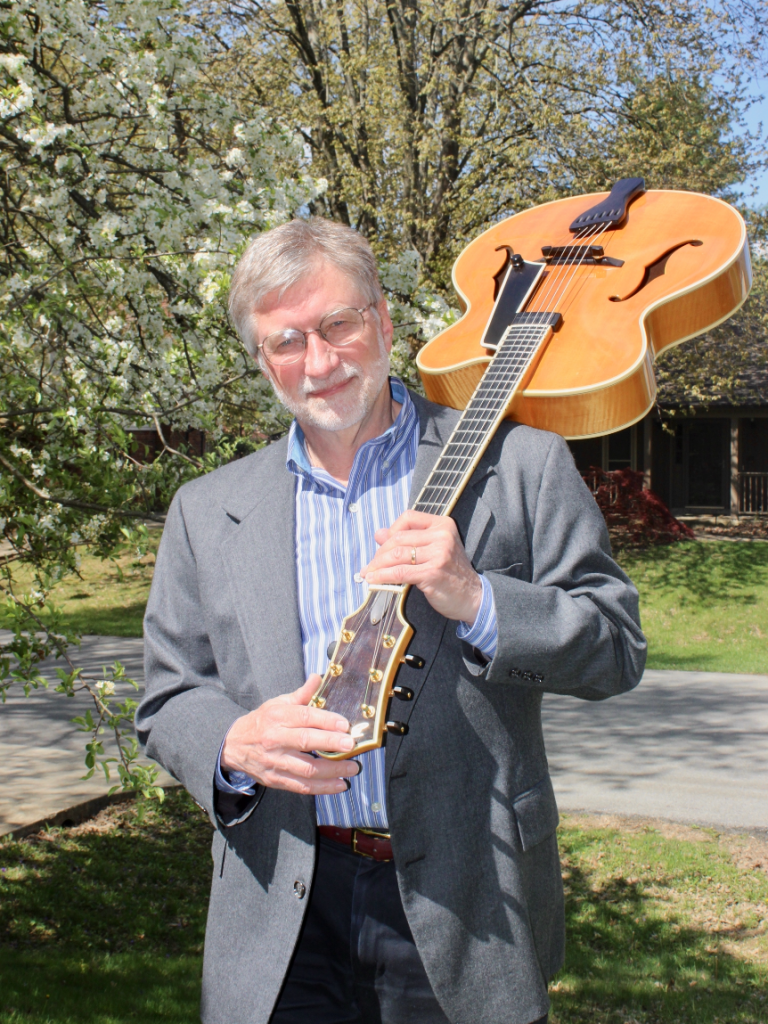 “At the end of Ozzy and Harriet, Ricky would always sing and play a song,” he says. “So here was a guy on TV doing that. I’d wait through the whole show, which didn’t interest me that much, just to see Ricky at the end, singing and playing the guitar. So that was my spark.”
“At the end of Ozzy and Harriet, Ricky would always sing and play a song,” he says. “So here was a guy on TV doing that. I’d wait through the whole show, which didn’t interest me that much, just to see Ricky at the end, singing and playing the guitar. So that was my spark.”
While Sherman’s gravitation to the six-string has its roots in rock ‘n’ roll, he eventually discovered his true love, jazz guitar, when a bandmate gave him two albums to listen to.
“One was by Howard Roberts, who later on would actually become one of my good friends, and one by Wes Montgomery,” Sherman says. “I put them on and I said ‘my gosh, I have no idea what that is or what they’re doing,’ but I knew I liked it and that it was good. Until then I’d never heard anything like that.”
Not only did Sherman go on to learn jazz guitar, one could easily say the man has mastered it. Though he’ll be the first to admit that it didn’t happen overnight.
“A lot of people come in and they seem to be really talented but you still have to fulfill the work to get that done and it was that way for me,” he says. “I was always good at math and science and athletics but not the guitar. I found it quite challenging. And I’ve had a number of students over the years like that too. You have to overcome all the physical aspects of playing the guitar just by working hard at it. That’s the only way you can overcome all of it.”
In 2012 Sherman left his teaching position at Bellarmine where he taught guitar in myriad formats for 40 years.
“I started teaching at Bellarmine in 1973. I taught guitar, electric guitar, jazz guitar, classical guitar, ensembles and improvisation. I designed a class called Jazz History and Racial Interaction which was a fun class. I was the director of jazz studies for a large portion of that period of time. In the meantime I was always playing steady jobs, playing anything that came along in the beginning.”
While he may not be an active professor anymore, Sherman still teaches full-time, with students anywhere from beginners to advanced pros, all seeking guidance from the master. Sherman has anywhere from 12-15 students a day, giving lessons “strictly at the house, six days a week.”
“Back then, I’d charge them a buck, or I’d go to people’s houses for two dollars,” he says. Sherman chuckles as he recalls a simpler time from his life. “It seemed like a lot at the time. But teaching was always another part of music to make a living from. Then I started to realize a couple things: You can learn the way people learn and you can apply that to yourself and that I liked being able to help people.”
It’s quite obvious he enjoys talking shop about his musical deeds and friendships with jazz guitar legends of the past and present. His homey basement studio, much like his past, is swamped in musical history. Pictures of Sherman and his friends playing and hanging out together consume the walls. Archtop hollowbody guitars, the overwhelmingly preferred jazz guitar model, rest comfortably in nearly every corner like old friends, waiting on the ready to be picked up and lovingly strummed. Each one has a story to tell, like his Wine Red Gibson Johnny Smith model that Gibson sent to replace a similar model which had been stolen from him when he’d turned his back for a matter of moments during a lesson several decades ago. He’s befriended and played with jazz guitar legends such as Attila Zoller, Howard Roberts and Tal Farlow, many of whom were inspirations in his journey to conquer the guitar. The man has led a full life that anyone, musician or not, would be wildly envious of.
While the aforementioned names might not mean much to those who aren’t jazz guitar enthusiasts, Sherman does have a couple of brushes with more widely celebrated names. In the early 1970s he played a touring stint with soul singer Marvin Gaye.
“I always loved Marvin’s music, and Motown was kind of the closest thing to jazz,” Sherman says. “Marvin was very nice, always very nice to me. The smallest audience we played for was maybe 10,000 people. They’d line the stage with police and women would start getting on top of each other’s shoulders to get on stage and the police were throwing them over their shoulders to carry them back and then another cop would fill back in.
“But maybe even bigger than playing with Marvin Gaye was playing a pair of shows with Pavarotti,” he adds.
It’s certainly an experience that Sherman remembers fondly, beaming again as he reveals another of his war stories.
“I played the two concerts at different times with Pavarotti and I was always right next to him on the podium,” he says. “And, you know, Pavarotti was a big guy. So when he would step down off the podium he had to put his hand on my shoulder. I was kind of his crutch to help him get off.”
Even today, after a non-stop lifetime as a professional musician, Sherman isn’t looking to merge out of the fast lane anytime soon. “I’m at Varanese every night of the week for the last 10 years,” he says. “It’s pretty astounding. I’ve played with the [Louisville] Orchestra for about 40 years. Right now, I’m doing educational things with them. We go to schools and have a program for 4th and 5th graders. We do between 10 and 20 schools, we go into the classrooms individually, we talk to the students about our instruments, about music, and I usually talk to them a little about the science of how sound is produced and about the history of jazz. Then we come back and do a concert. It’s great for the kids. We involve them in a lot of different ways.”
Born and raised in Louisville, Sherman is adamant that he is right where he belongs.
“It’s a perfect place for music from my standpoint,” he says. “It’s a pretty sophisticated town. There’s a lot of work here. You can get anywhere in a half hour or less and not have to take subways or hassle with parking. And, you know, I hear a lot of musician’s complain about there not being much work here but I play 400 jobs a year.”


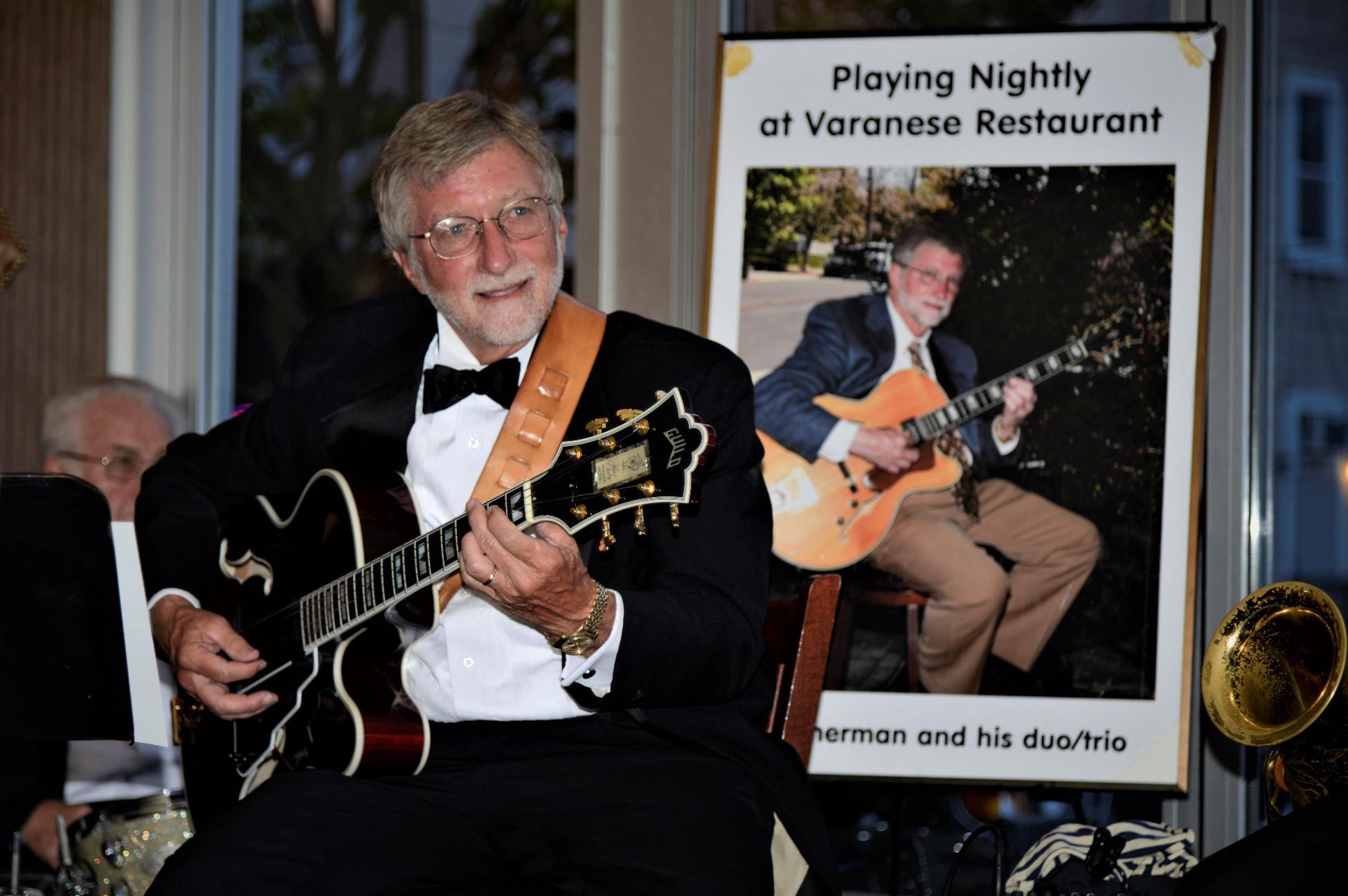
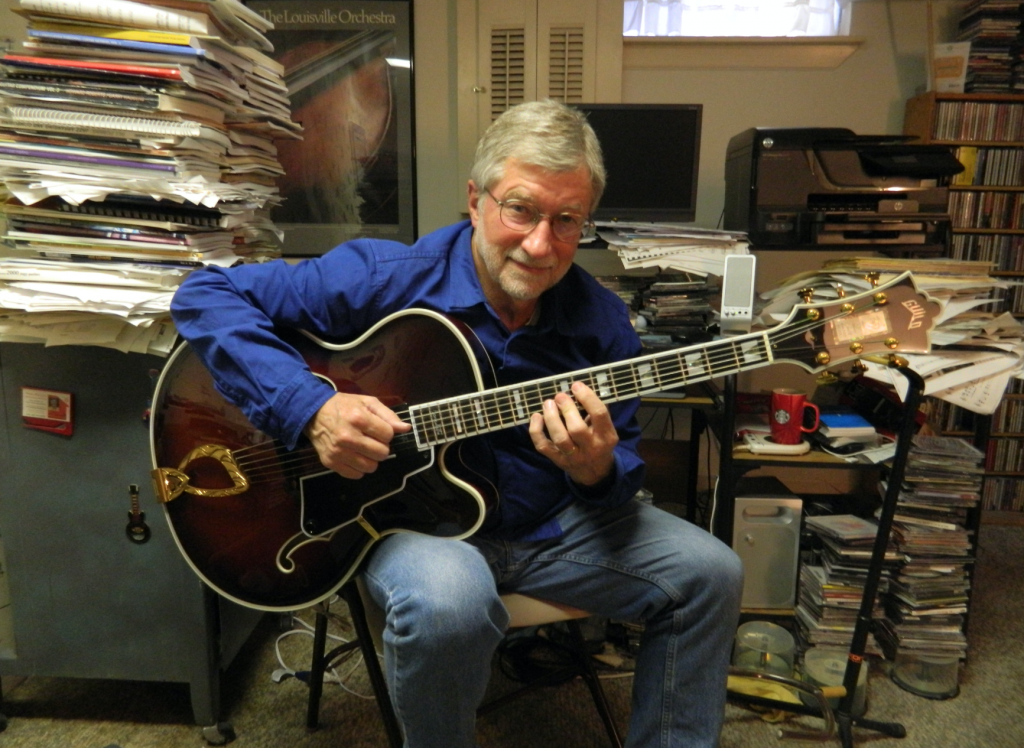
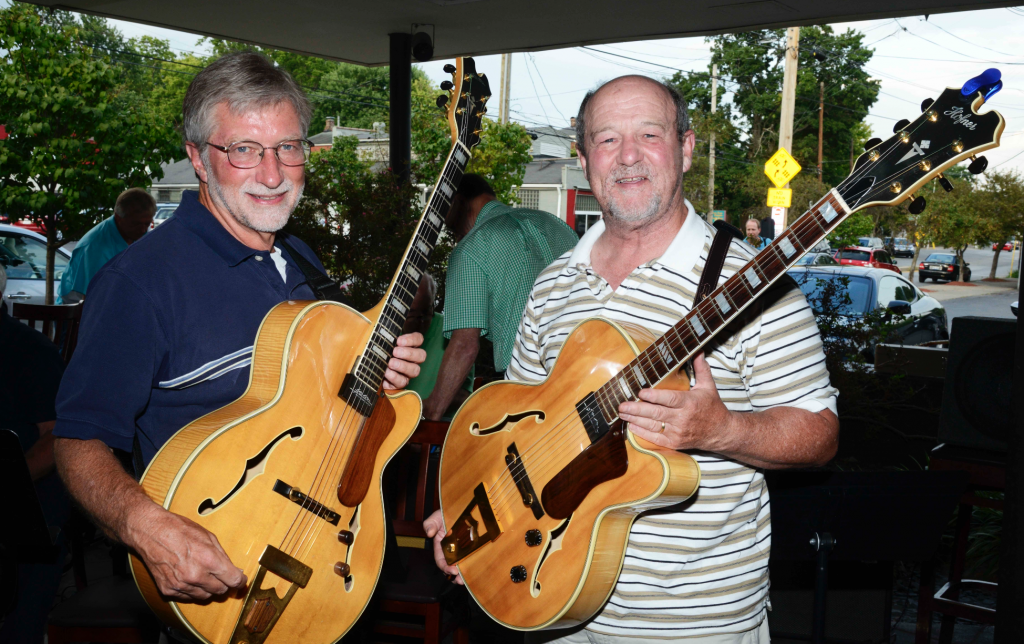
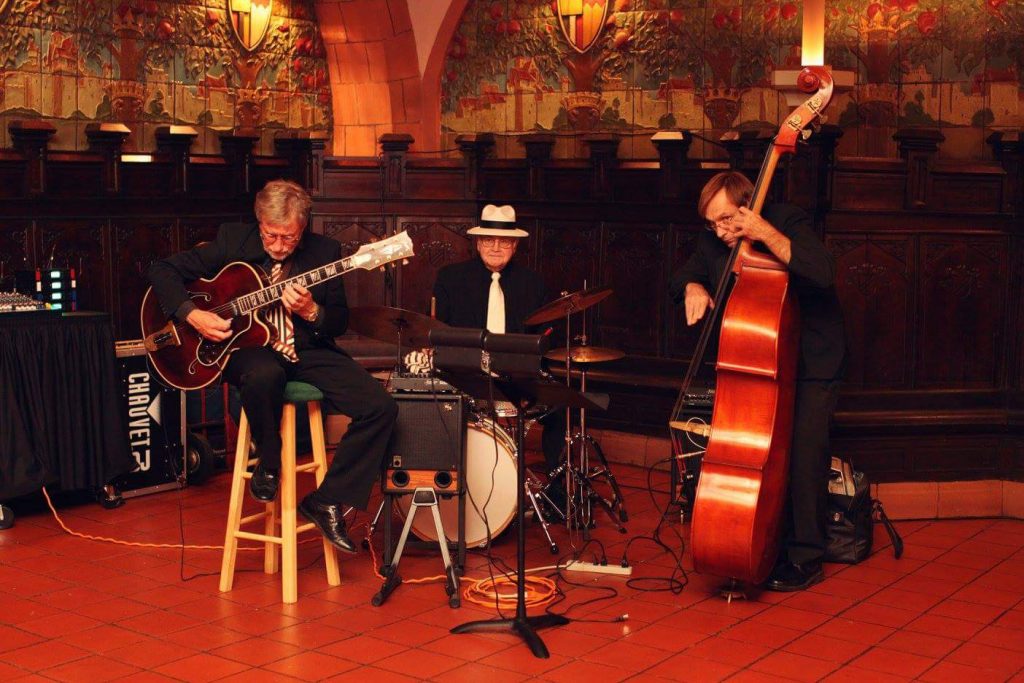








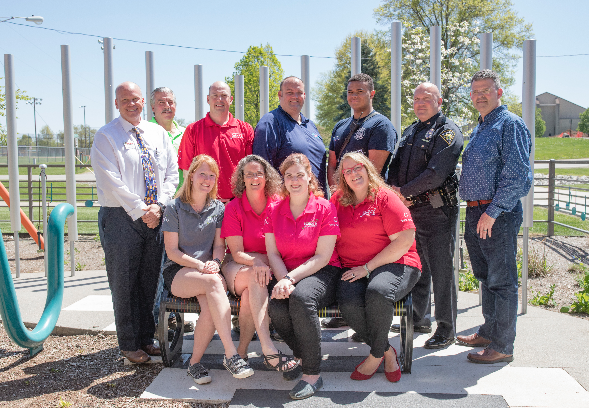
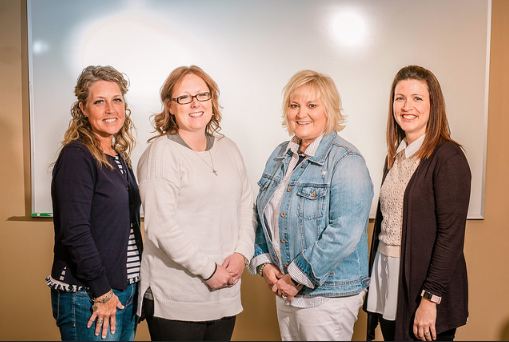
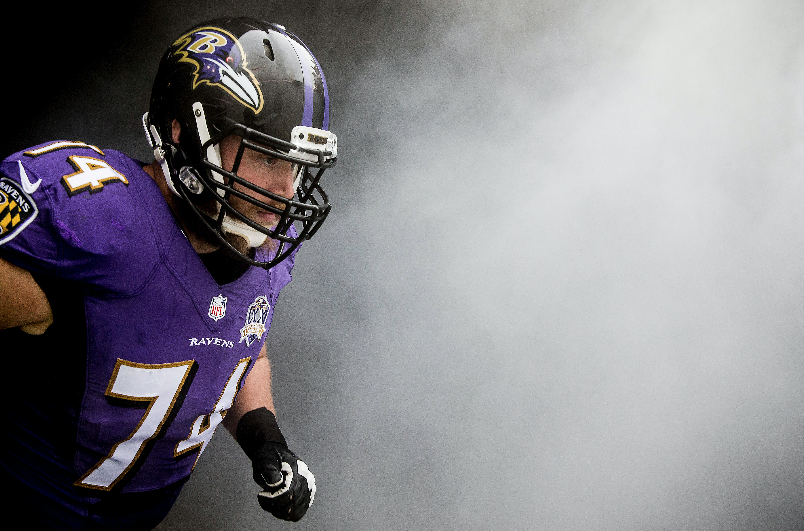









I took classical guitar lessons from a Jeff Sherman in the early 1970s. I have never forgotten him and his wonderful knowledge and patience. Could this be the same Jeff Sherman? Wonderful article.